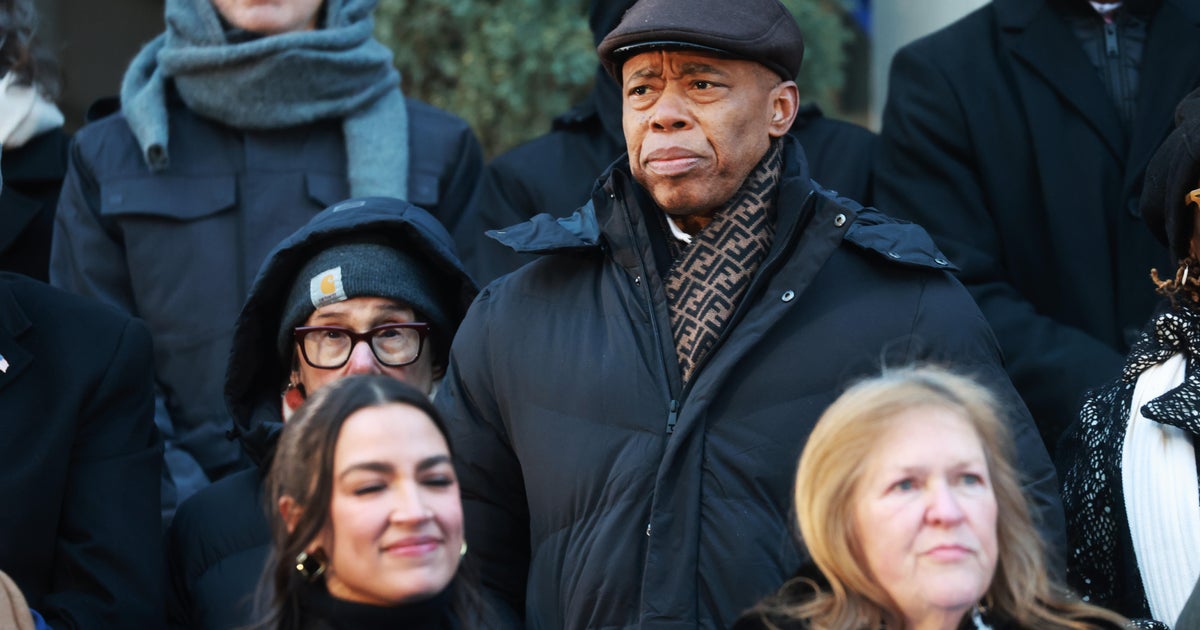Boston Marathon Training: Expert Advice For 2 Weeks Out
BOSTON (CBS) - With only two weeks left before the Boston Marathon, most runners are tapering in an effort to repair damaged muscles, top off glycogen stores and rest up before the race. The challenge at this point is to continue to cut mileage without letting the taper cause worry and self doubt.
Cut Mileage
Two weeks out, runners should cut back their mileage 60-70 percent. The weekly long run will now be 10 to 13 miles, at an easy effort. The rest of the week should be filled with shorter runs. It's OK to throw in some some intervals, strides or a few race-paced miles, but marathoners should make sure they don't go overboard in terms of distance or speed.
"So many runners train hard right up to the day of the marathon because they're desperately afraid of losing fitness if they don't," explains Patti Finke, the co-director of the Portland Marathon Clinic. "What they don't realize is that in those last few weeks it's the rest more than the work that makes you strong."
Finalize Race Plan
Many runners create a race plan early in training. With two weeks to go, it's important for marathoners to fine tune that plan and come up with tiered goals.
The Boston Marathon has a unique course, where the first half is almost entirely downhill. Runners should decide how they're going to tackle that issue in terms of pacing. Should they go for a negative split, an even effort, or a positive split? These decisions should be finalized two weeks out.
Most people go into a race with a time goal. While this can be a great motivator, it's better to have an "ultimate" goal, a "realistic goal" and an "acceptable goal." Heat, rain, wind or extreme cold can make a Personal Best impossible. Having a three tiered goal allows a runner to feel some success even if things don't go as planned.
Stop lifting weights and cross training
Marathoners who lift weights or cross train should set those activities aside until after the race. A runner's focus in the last two weeks should be on running and recovering; not doing activities that could break down muscles or stress their bodies even more.
A study published in The Scandinavian Journal of Medicine & Science in Sports shows that muscular power is slightly higher eight to 14 days after weight training is stopped, so marathoners don't need to worry about losing strength gains before the race.
Get some sleep
Sleeping may get more difficult as the race approaches. Two weeks out is the perfect time to catch some Z's. An athlete's body rebuilds during sleep. According to Chicago based running coach C.J. Welter, "The one thing I tell all my runners is that, in the final weeks of training — or actually tapering — you can do more by sleeping than you can by running. That's when sleep should really become your primary training component and biggest focus."
Confirm Travel Plans
Most people make their Boston Marathon travel plans months in advance. Now is a good time to gather and confirm flight, hotel and ground transportation itineraries. The week before the race will be busy with packing and last minute details. It's better to get this stress out of the way early, and ensure there's enough time to make other arrangements if something falls through.
Kimberly Bogin is an Emmy Award winning television producer who has been running marathons for 14 years. After her non-running friends banned her from talking about training, races and black toenails, Kimberly decided to write about it instead. Examiner.com.
Content provided by Examiner







